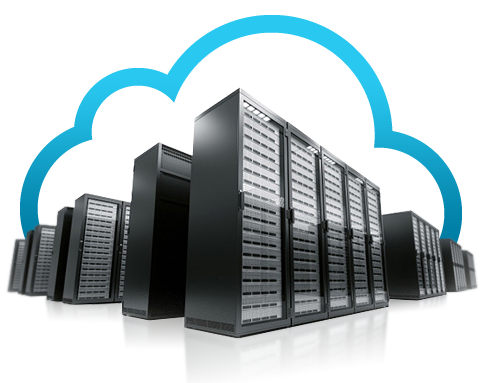The cloud server market in 2018 grew at 28percent, representing US$86 billion, with Dell, HPE and Lenovo are leading in revenue.
This growth, according to CounterPoint Research is mainly attributed to the rise of big data, where both enterprises and individuals want to put their data on the cloud. Research has shown that companies likeGoogle, Amazon, and Microsoft are spending heavily increasing their share in cloud services as well as the data center business. New players are also emerging in this sector.
In the US, for instance, Facebook, Apple, and Intel are some of the big names making a mark in the data center segment. In China, Alibaba, Tencent, Baidu, and China Telecom are spending heavily to boost their data center businesses.
Commenting on the market surge, Brady Wang, Associate Director at Counterpoint Research said: “Data centers and cloud services is already a multi-billion dollar industry. Today, both big and small enterprises depend on data centers and cloud service providers for their operations, For example, Instagram takes services from Facebook data centers while Netflix is a big consumer for AWS. Recently, Google announced its new cloud gaming service, Stadia, which opens up a new market for these cloud service providers. Content remains the king from video to gaming to music to smartphone apps to user-generated content all need an increasing amount of cloud storage. Further, the growing adoption of Artificial Intelligence across different applications is in parallel driving need for greater server processing power and thus semiconductor capabilities within the servers.”
Another industry benefitting from the rise in data centers and cloud service providers is the server microprocessor market. The big players in this segment are Intel and AMD. Intel is by far the biggest contributor, grabbing more than a 97percent market share by revenue in 2018. AMD, which held less than 1percent share two years ago, has now captured 2percent market share due to their new offering EPYC.
Counterpoint Research believes that the future is very bright for cloud server manufacturers. This is mainly due to the meteoric rise of a data-driven ecosystem. Cloud services will now use advanced technologies such as AI (Artificial Intelligence), Machine Learning, and Deep Learning alongside low-latency connectivity technologies such as 5G, which will help business and enterprises increase efficiency and power newer applications.
However, the biggest challenge for cloud server manufacturers as well as cloud service providers will be security. HP Enterprise has a platform, HPE Oneview, to efficiently manage and secure the data servers. We expect to see more of such bundled solutions in the future. We expect that the battle to be the lead cloud services provider will intensify in the coming years.


